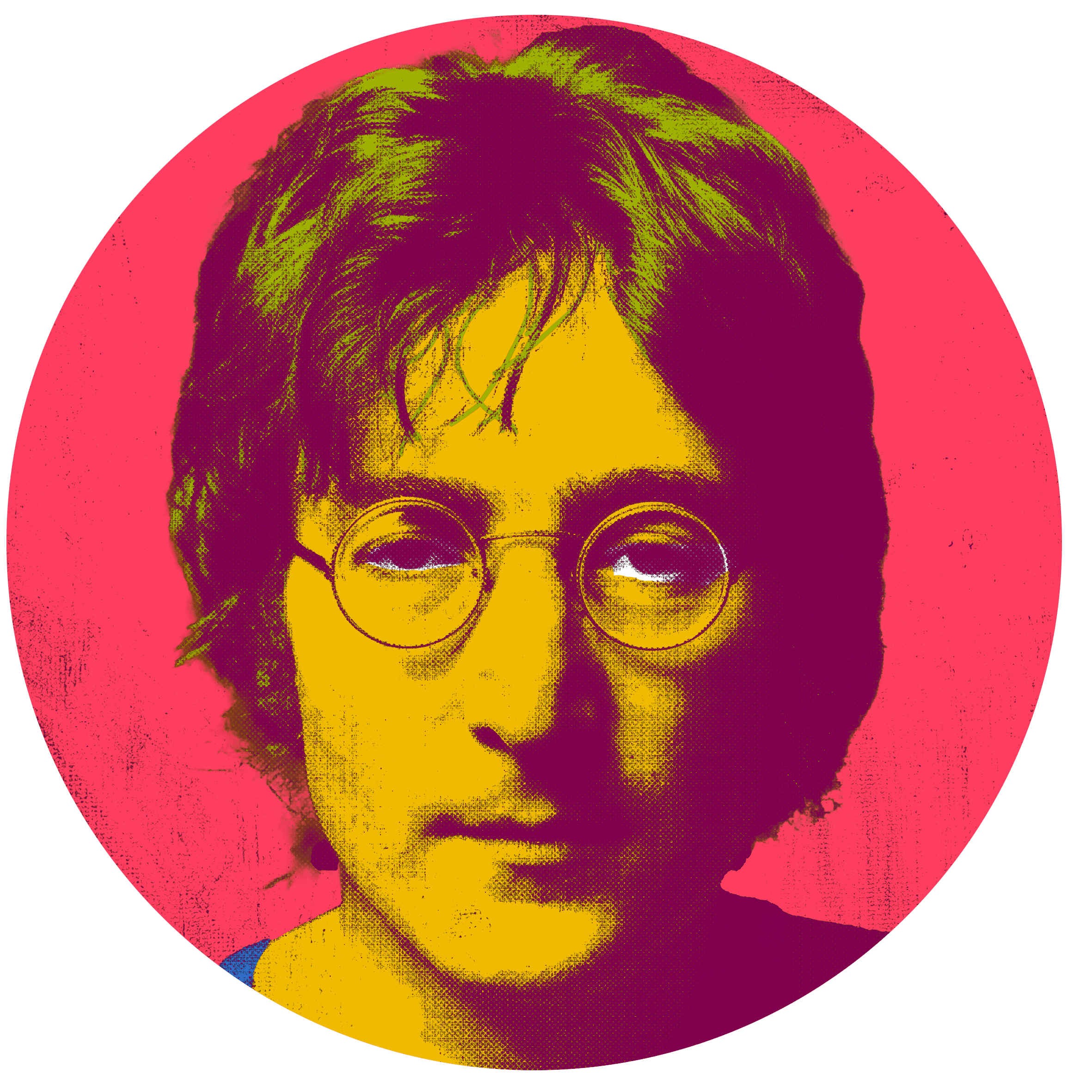
In 1963, John Lennon went from a rising musician to a global icon. The Beatles had been grinding for years, playing clubs in Liverpool and Hamburg. But in ’63, everything changed. Beatlemania took over Britain and started spreading across the world. It was the year Lennon’s voice, songs, and attitude ignited a cultural revolution.
The Early Struggles
Before 1963, The Beatles were just another hardworking band trying to make it. Lennon, Paul McCartney, George Harrison, and Ringo Starr played marathon sets at The Cavern Club, honing their sound. They had a record deal with Parlophone, but success was far from guaranteed.
In late 1962, they released “Love Me Do.” It did well, but it wasn’t a smash. Their manager, Brian Epstein, and producer, George Martin, knew they needed something bigger. That moment came in early 1963.
The Hits Keep Coming
On January 11, 1963, The Beatles released “Please Please Me.” It shot to No. 1 on most UK charts. Suddenly, The Beatles were more than just another band. Lennon’s sharp vocals and the group’s infectious energy had struck a nerve.
Then came the debut album, Please Please Me, recorded in a single day on March 22, 1963. Lennon, battling a cold, pushed his voice to the limit on tracks like “Twist and Shout.” The album topped the charts for 30 weeks.
From there, it was nonstop. With the Beatles followed in November, packed with hits like “All My Loving.” By the end of the year, The Beatles had six Top 10 hits in the UK. Lennon’s songwriting partnership with McCartney was proving unstoppable.
The Rise of Beatlemania
The Beatles weren’t just successful—they were a phenomenon. Fans screamed at every appearance. Their shows were drowned out by deafening crowds. The press coined the term “Beatlemania” to describe the frenzy.
Lennon, with his sharp wit and rebellious streak, became the group’s most outspoken member. He challenged authority, cracked jokes in interviews, and refused to play the pop star role traditionally. This only made fans love him more.
In October 1963, they played the London Palladium, a key moment in their rise. Then came the Royal Variety Performance in November, where Lennon famously told the audience, “Those in the cheap seats, clap your hands. The rest of you, just rattle your jewelry.”
By year’s end, they were the biggest band in Britain. But the world was next.
America Beckons
As 1963 ended, The Beatles were preparing for something bigger: the U.S. market. British artists rarely broke through in America, but The Beatles had momentum. “I Want to Hold Your Hand” was set for release in the U.S. in late December. It would change everything.
By early 1964, The Beatles would land in America and spark a cultural shift. But none of it would have happened without the explosion of Beatlemania in 1963.

John Lennon’s Lasting Impact
Lennon was more than just the voice of The Beatles in 1963. His raw vocals, sharp lyrics, and rebellious persona made him a new kind of rock star. He wasn’t polished or controlled. He spoke his mind, wrote songs that mattered, and set the stage for what rock musicians could be.
Beatlemania was the start, but Lennon’s influence would only grow. Decades later, his legacy is still alive—not just in music, but in culture, fashion, and attitude.
Wear the Legend
If you’re a fan of John Lennon and The Beatles, why not wear that passion? Celebrate legends like Lennon with premium-quality designs, here!. Check out our exclusive John Lennon shirt and keep the spirit of ’63 alive in style.
For more on John Lennon’s life and legacy, check out these high-authority sources:
